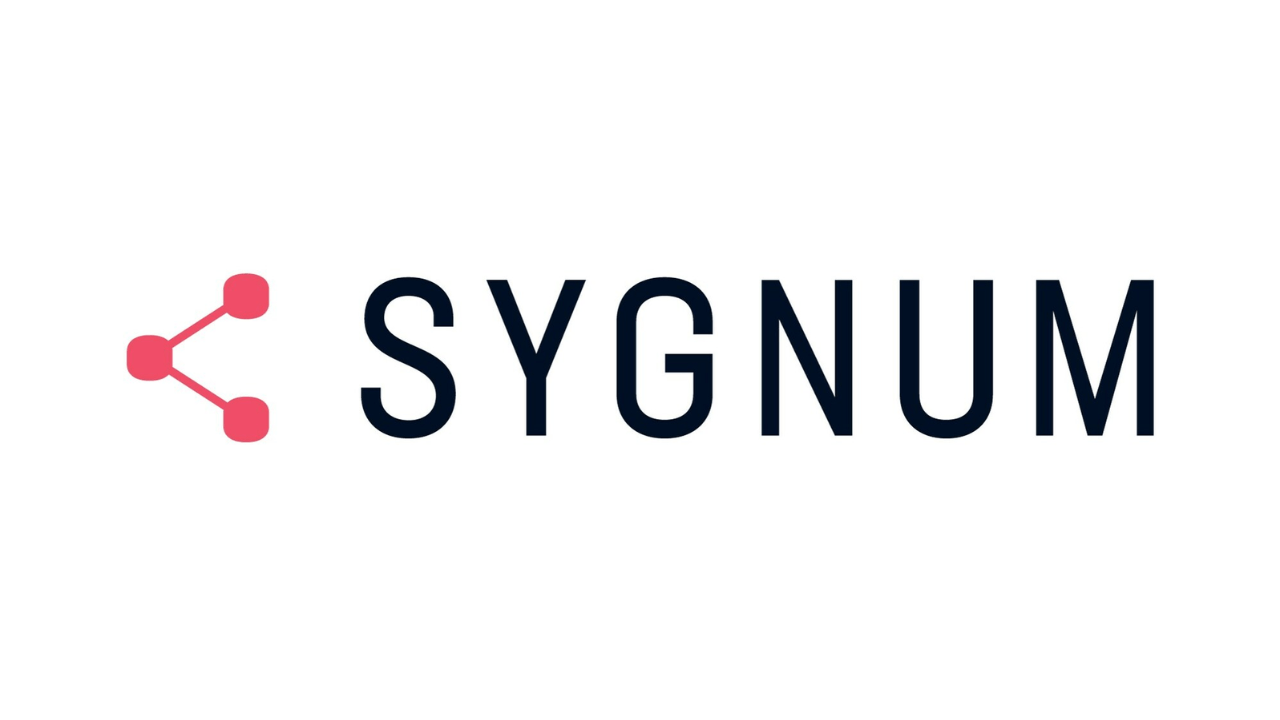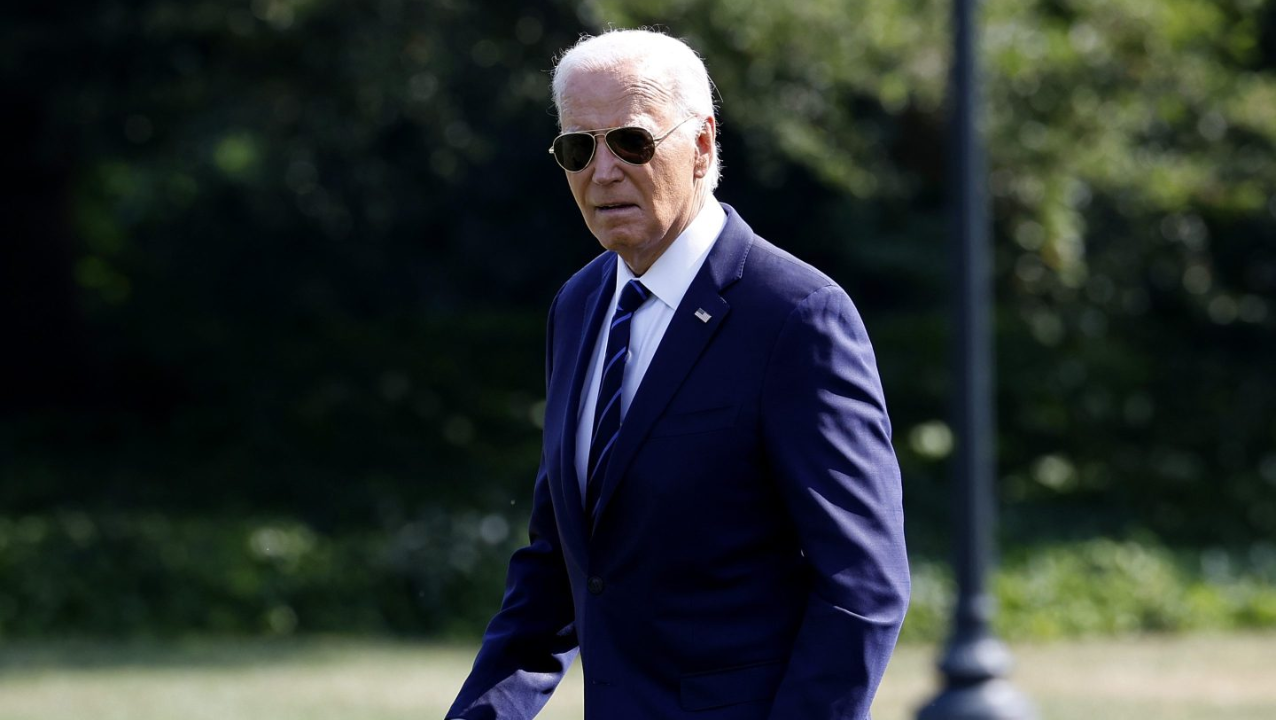Kazakhstan is reportedly drafting plans to move some of its crude oil via Azerbaijan’s largest oil pipeline starting from September. This is coming as the country continues to explore alternative routes after Russia threatened to shut down its current pipeline.
Kazakhstan produces nearly 1.4 million barrels daily, roughly 1% of the world’s crude oil supply. For over 20 years, the country has been shipping its crude oil via the CPC pipeline linked to Russia’s Black Sea, as it provided access to the global market.
Following threats in July by the Kremlin to shut the CPC pipeline, Kazakhstan rallied major foreign producers for alternative routes as a precaution should Russia decide to make good on its threat. While the government has been able to sign some contracts with international partners, indications have emerged that alternative oil routes aren’t as practical as the CPC pipeline, raising concerns of further volatilities in the energy markets.
Since the start of the war in Ukraine in February, crude oil prices have continued to skyrocket, reaching a 14-year high. In July, crude oil sold for a little over $100 per barrel.
The negotiations for alternative routes
Sources privy to the situation stated that the country’s leading oil firm Kazmunaigaz (KMG) is currently in advanced talks with SOCAR to allow the company ship 1.5 million tonnes of crude oil via the Azeri pipeline, which leads to Turkey’s Mediterranean port of Ceyhan.
Currently, Kazakhstan can only produce 30,000 barrels per day, a fraction of the usual 1.4 million barrels that hitherto passes through the CPC pipeline.
The country is set to sign a new contract at the end of August to allow the shipment of the country’s crude products through the Baku-Tbilisi Ceyhan pipeline. With the deal signed in August, shipment is expected to resume in September.
Also, the country plans to move another 3.5 million tonnes of crude oil per year through the Azeri pipeline leading to Georgia’s Black Sea port of Supsa. Together with the outflows through the Baku-Tbilisi Ceyhan pipeline, the total volume would reach 100,000 barrels per day, which is just 8% of the CPC’s outflow capacity.








